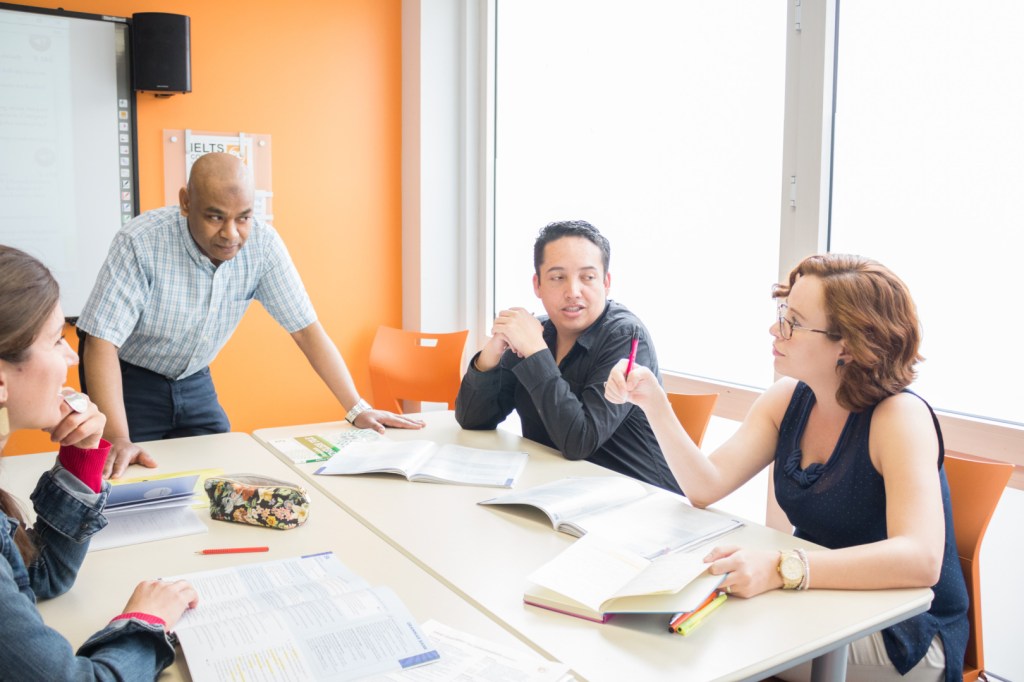
We use the present perfect when talking about an action happened at some point in the past, especially when the date or time that it happened is not important. The focus is on what happened, not when it happened.
I have visited South Africa.
The present perfect is made using have/has and a past participle verb (e.g. visited).
Examples in Everyday Life
In each case, it doesn’t matter exactly when the experience happened.
These are all completed experiences, but they’re relevant to conversations happening now. They often come up when getting to know someone, sharing stories, or making plans.
Tip: If you’re talking about when something happened (e.g. last year, in 2022), use the past simple instead:
The present perfect isn’t just a grammar rule; it’s how we talk about the things that make us who we are. Whether you’ve climbed a mountain, seen your favourite band live, or never tried pineapple on pizza, the present perfect helps you express those moments with confidence.
Did you like this article? Share it!